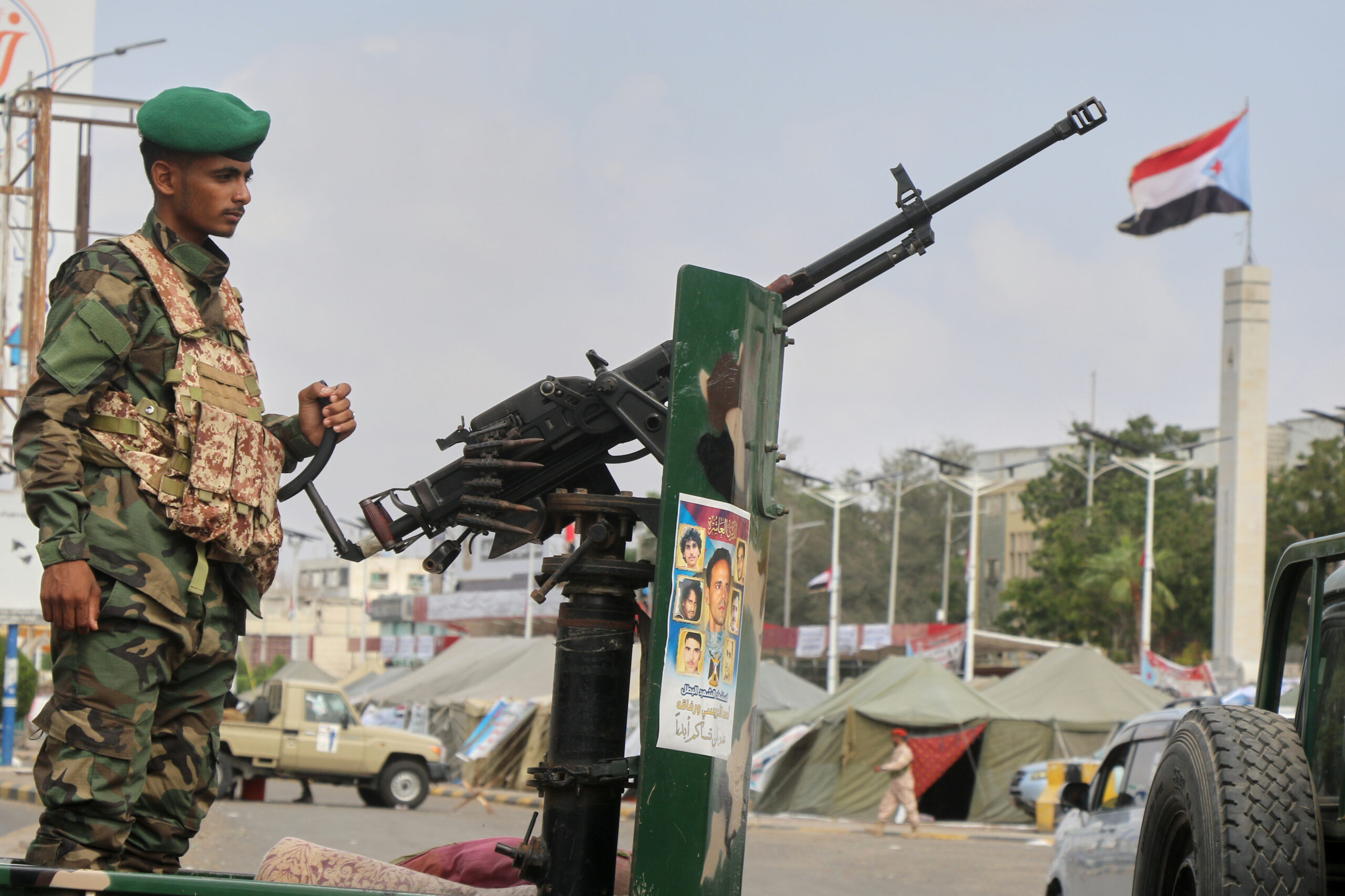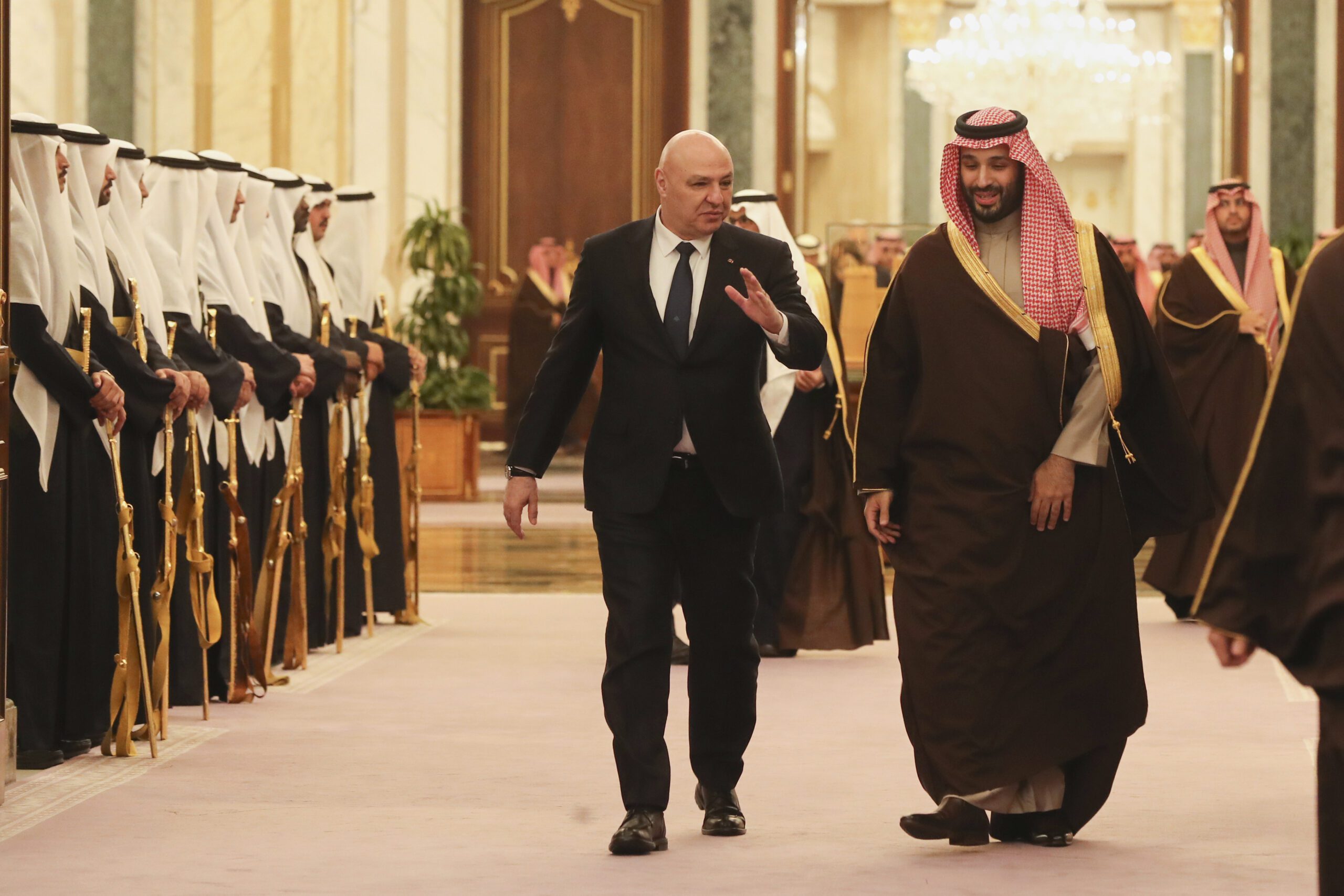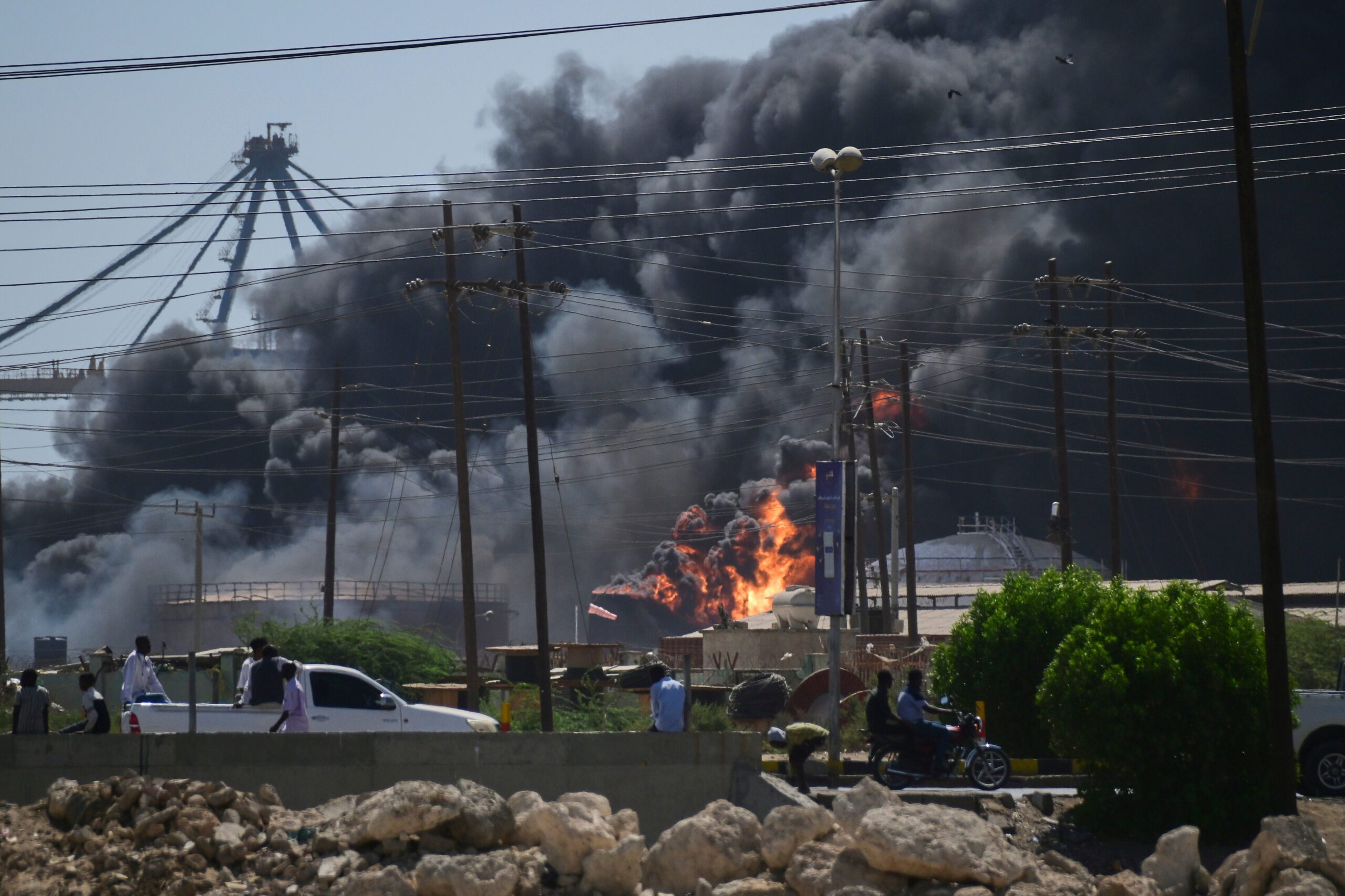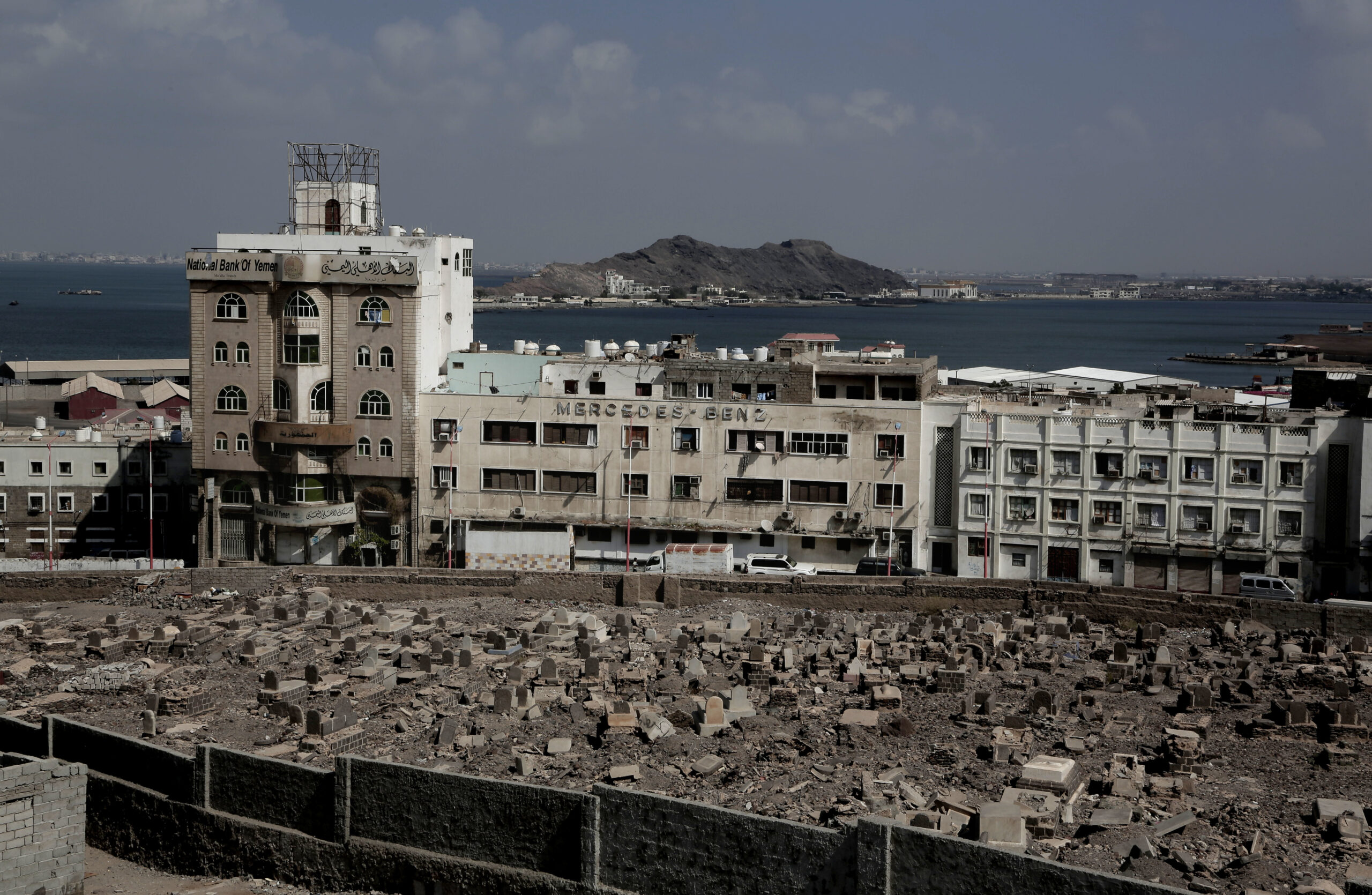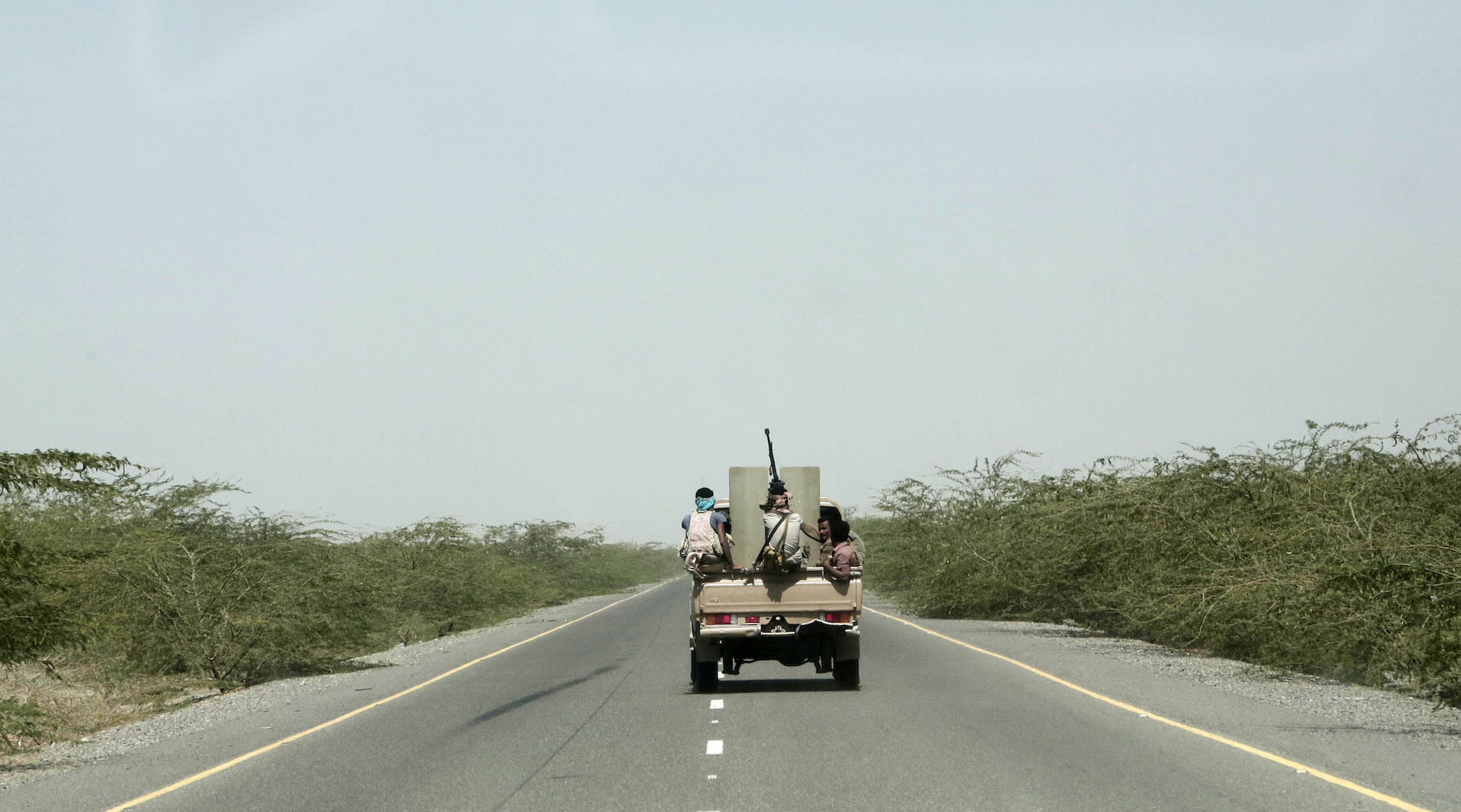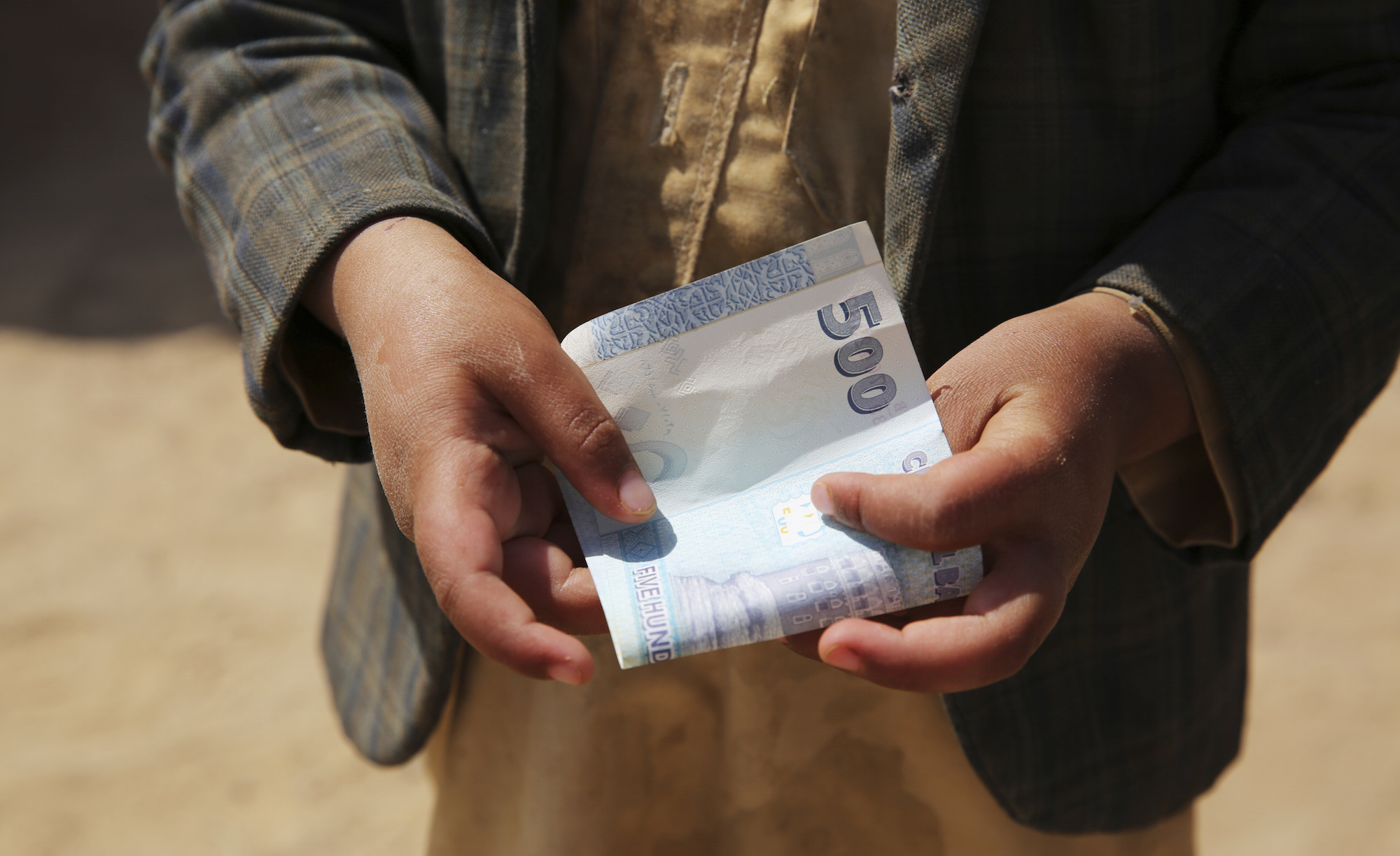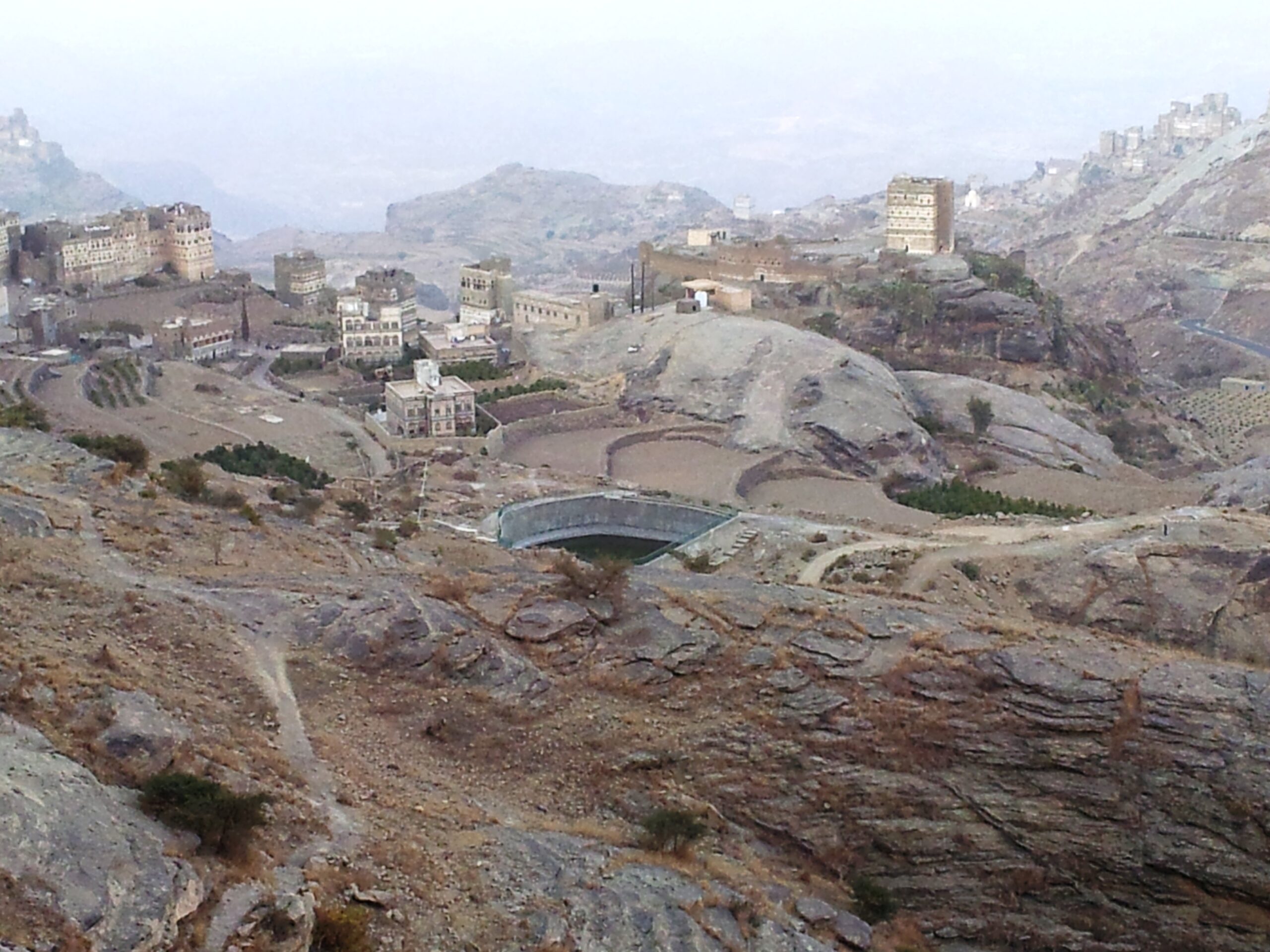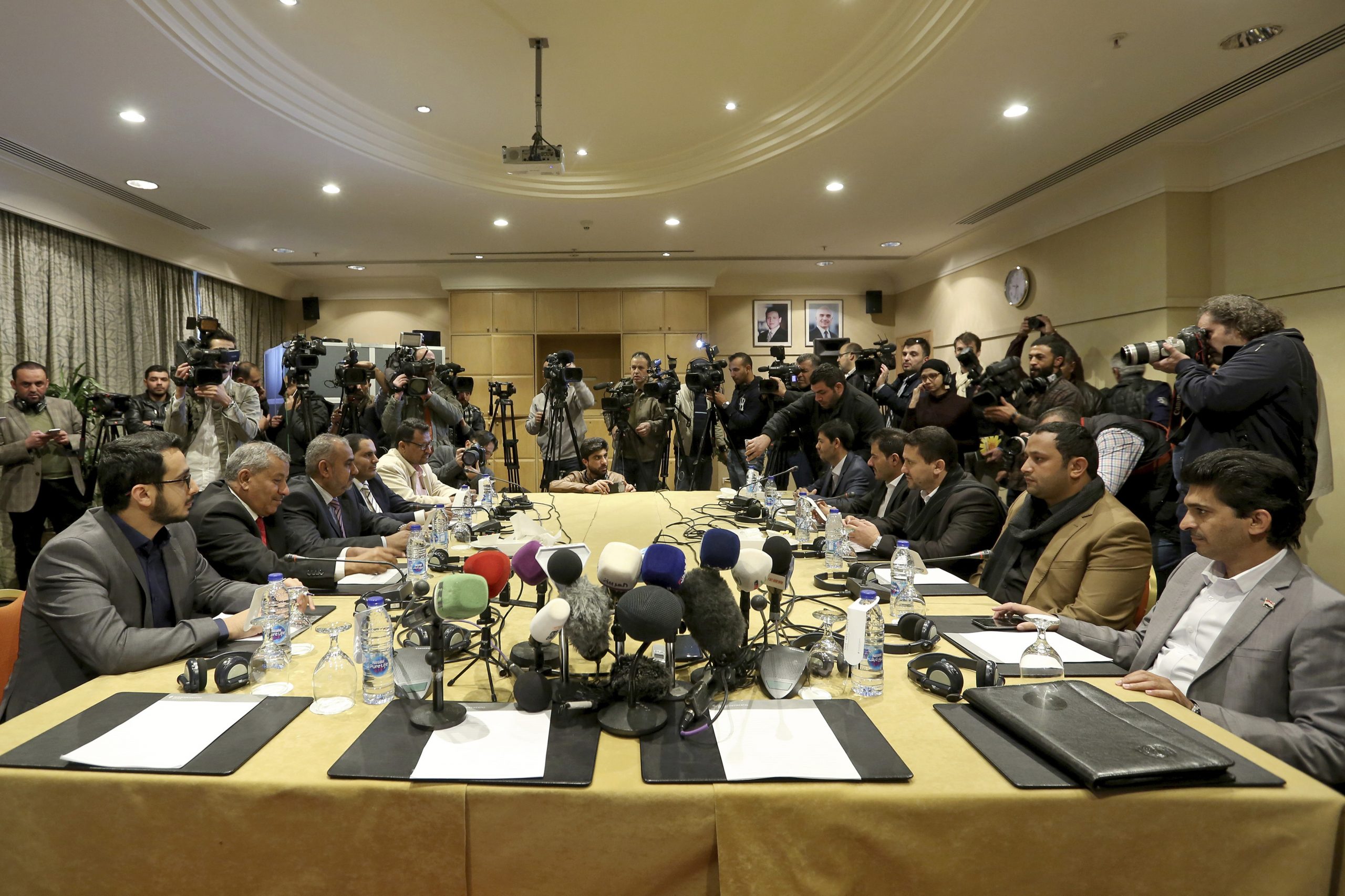Yemen: National Chaos, Local Order
Partial or total collapses in state authority, once rare, are no longer outliers in an otherwise stable international state system.
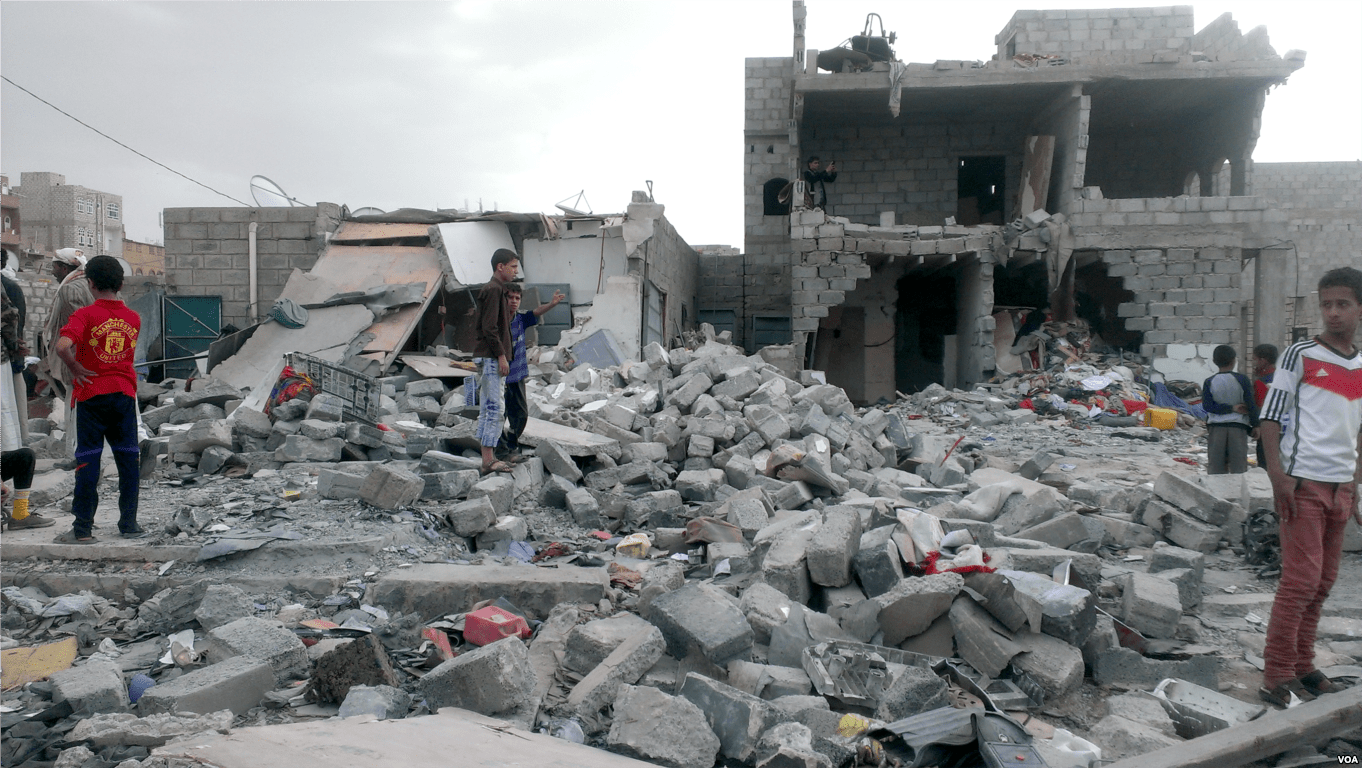
 Partial or total collapses in state authority, once rare, are no longer outliers in an otherwise stable international state system. A growing number of formally defined ‘states’ – that is, places with official borders and internationally recognized governments – now exist in reality only as lines on maps and concepts in policy papers and newspaper reports. The governments in these places lack the ability to perform the most basic of state functions, or are able to do so only in enclaves of state control. For the most part, governance vacuums on the ground are filled by unofficial groups that perform state-like functions.
Partial or total collapses in state authority, once rare, are no longer outliers in an otherwise stable international state system. A growing number of formally defined ‘states’ – that is, places with official borders and internationally recognized governments – now exist in reality only as lines on maps and concepts in policy papers and newspaper reports. The governments in these places lack the ability to perform the most basic of state functions, or are able to do so only in enclaves of state control. For the most part, governance vacuums on the ground are filled by unofficial groups that perform state-like functions.
In such places, basic functions and services – the supply of electricity and water, security, justice – are provided by political opposition networks, local communities and identity groups including extremist organizations like Al-Qaeda, often using revenues raised from taxing local trade. The lines between formal, informal and illicit economies are so blurred as to be almost entirely erased. Thus, in some cases the same networks that sustain gun-runners and people smugglers also ensure the flow of basic goods and even services to the poor.
The views represented herein are the author's or speaker's own and do not necessarily reflect the views of AGSI, its staff, or its board of directors.


